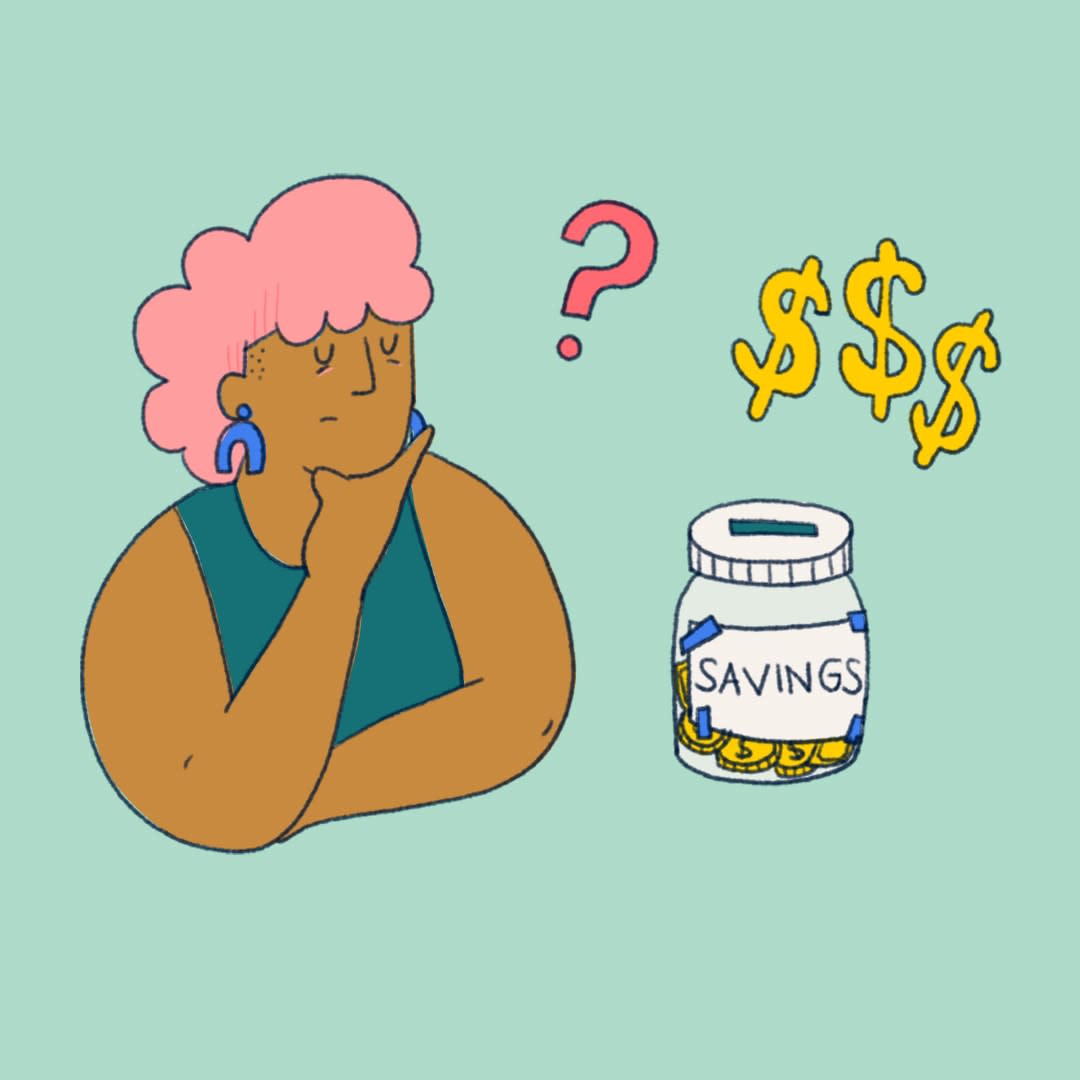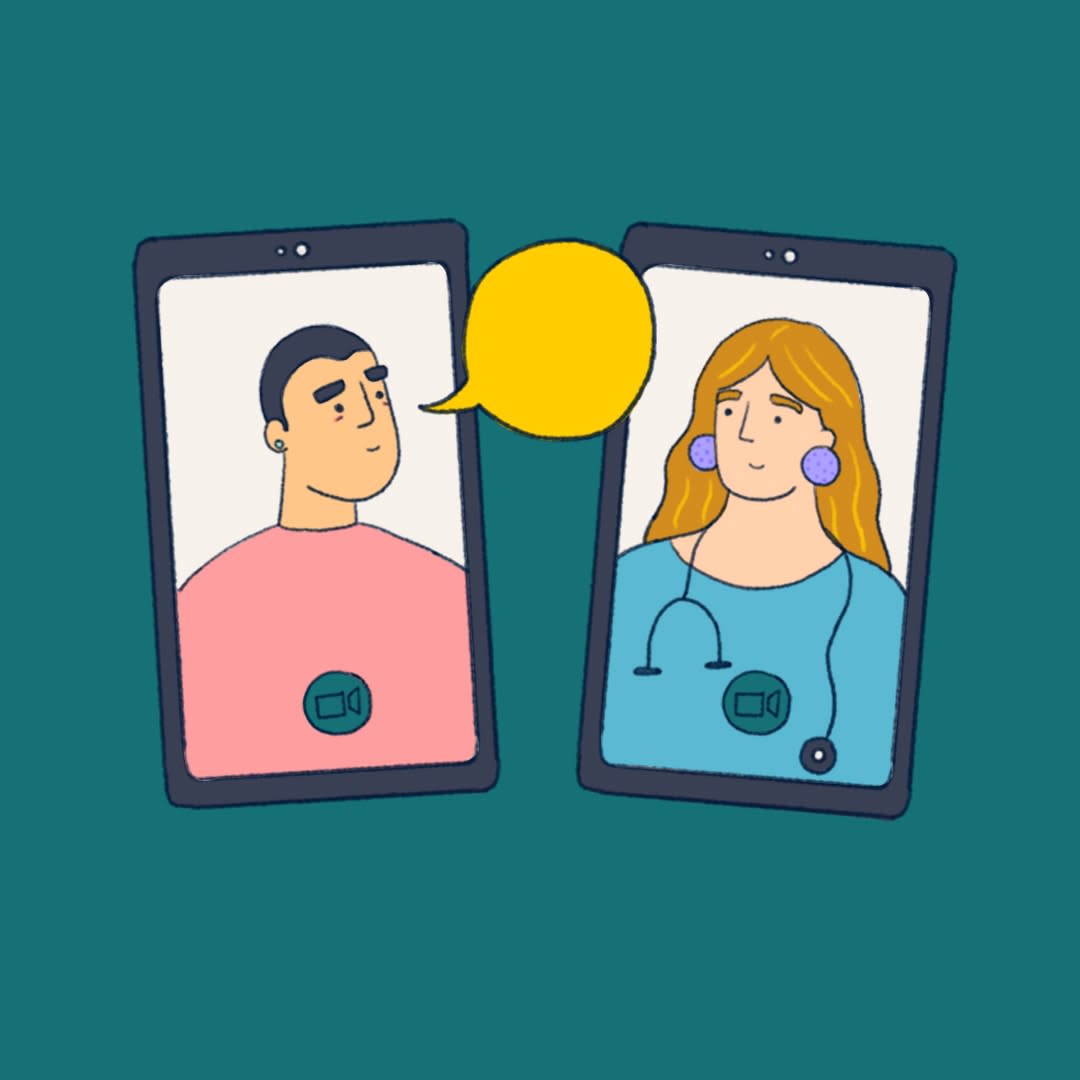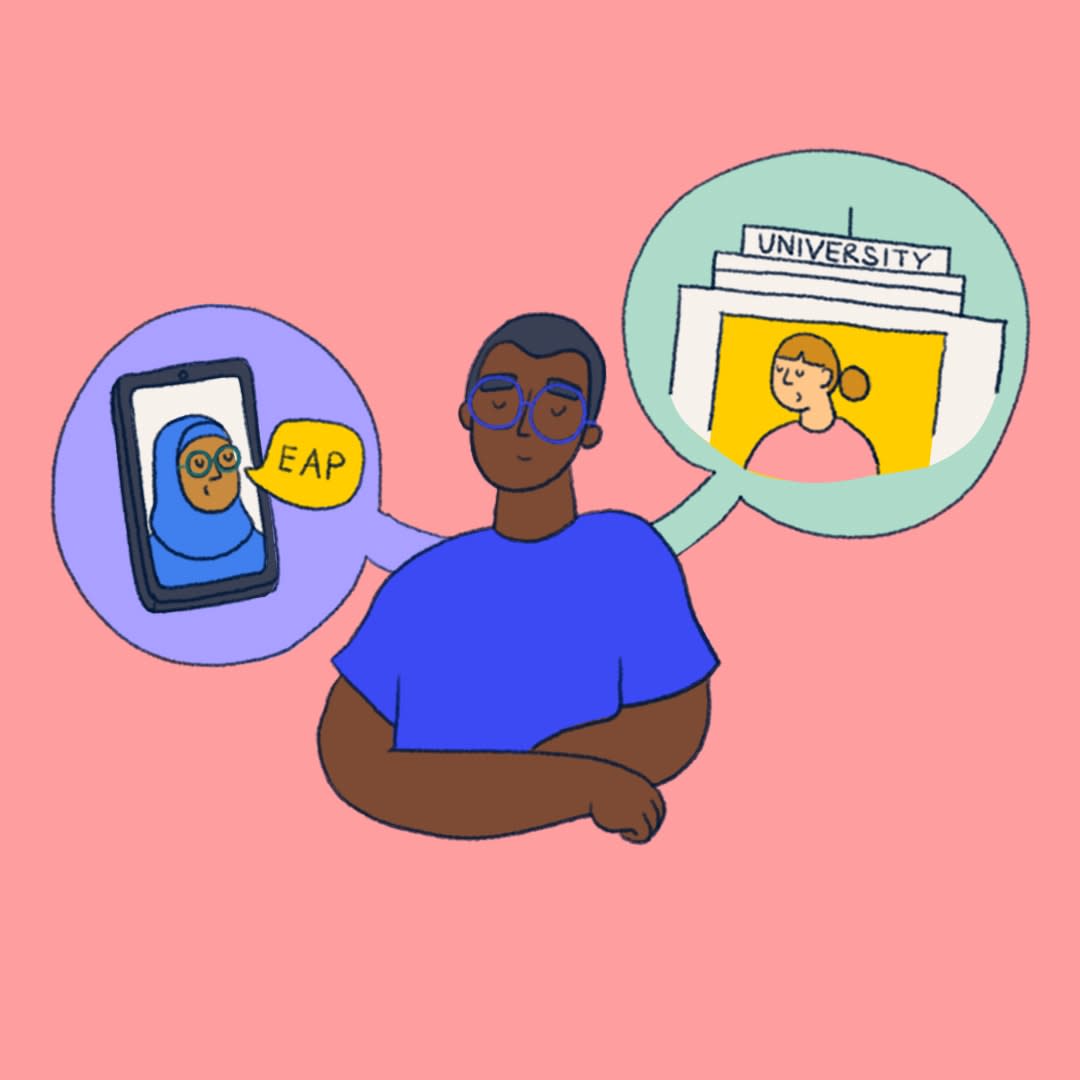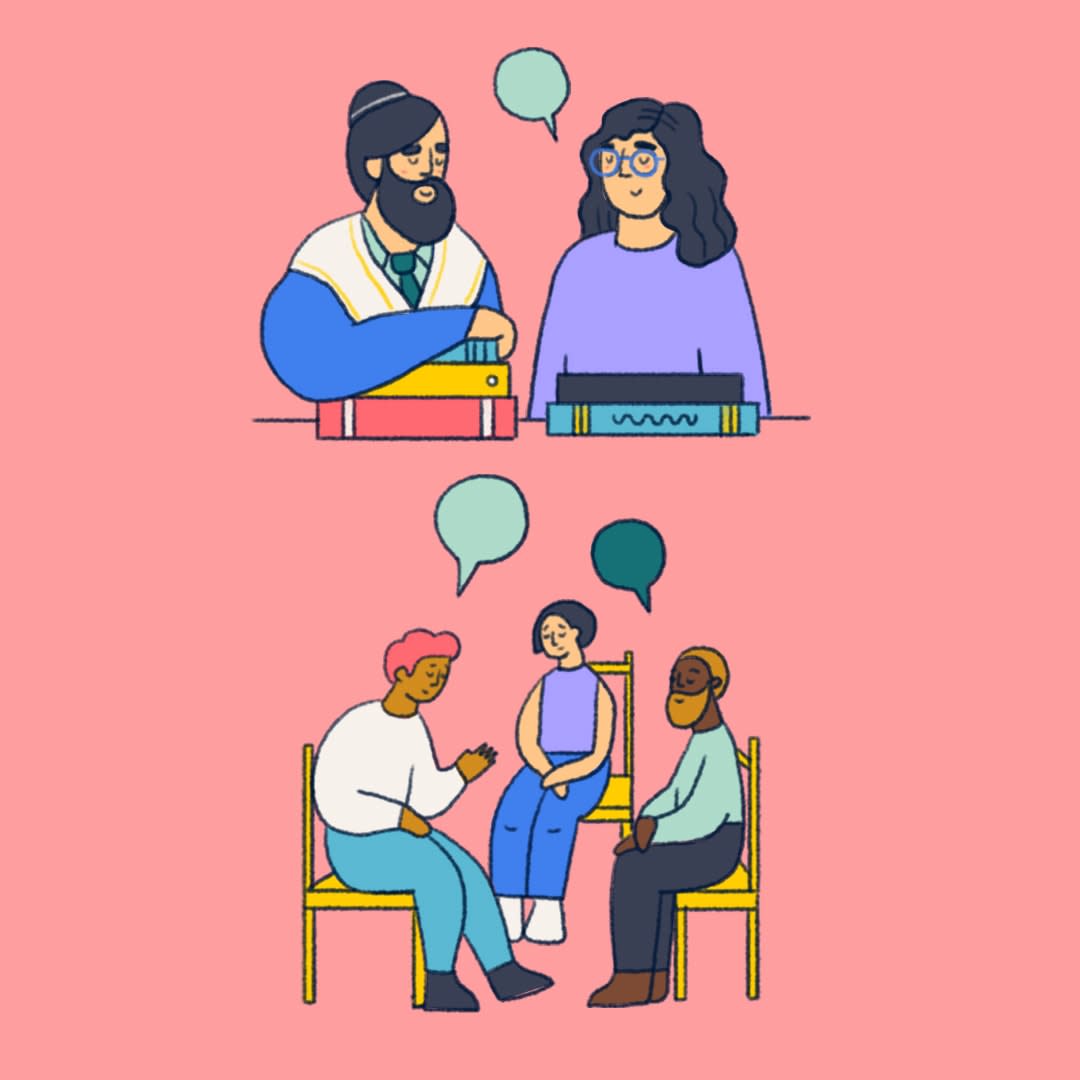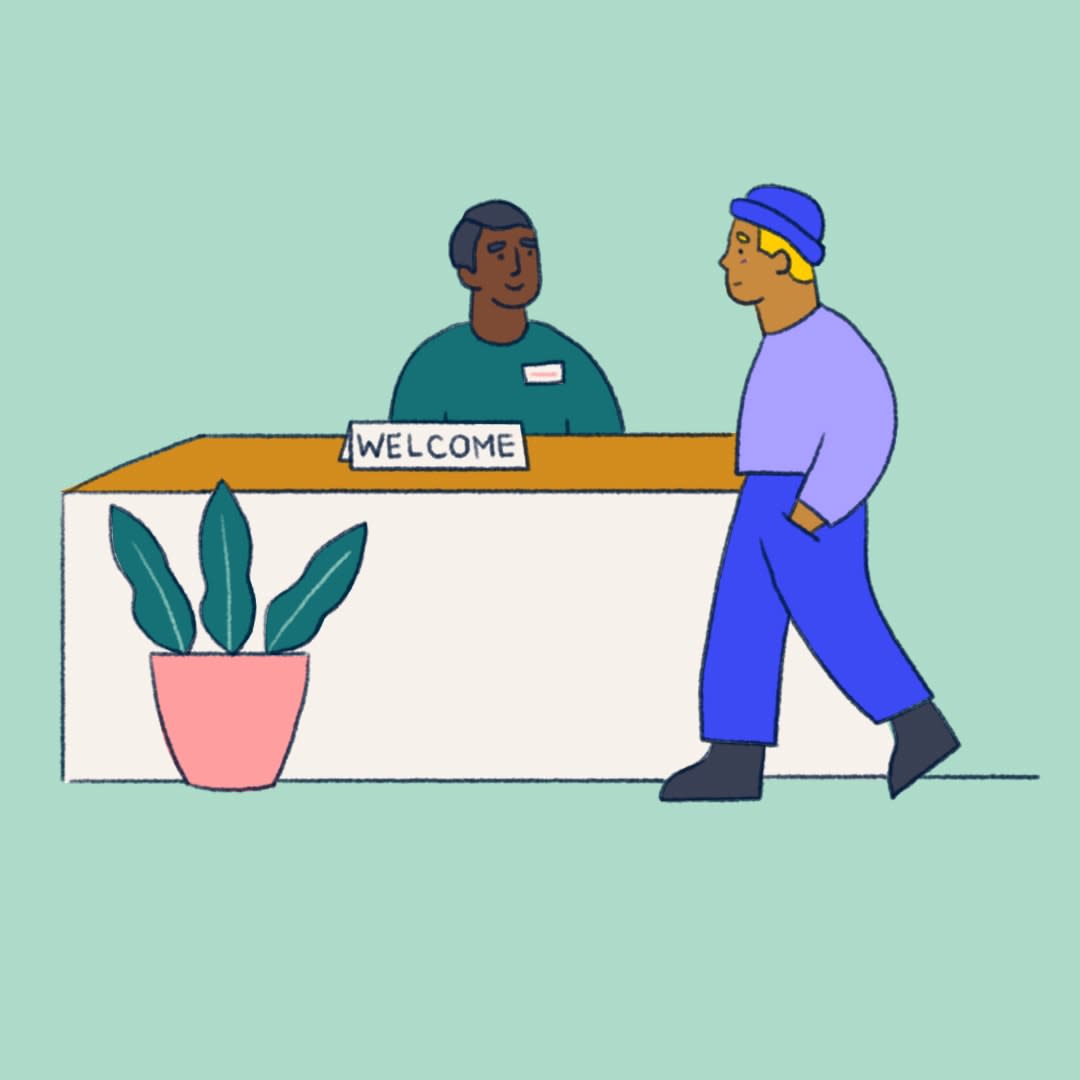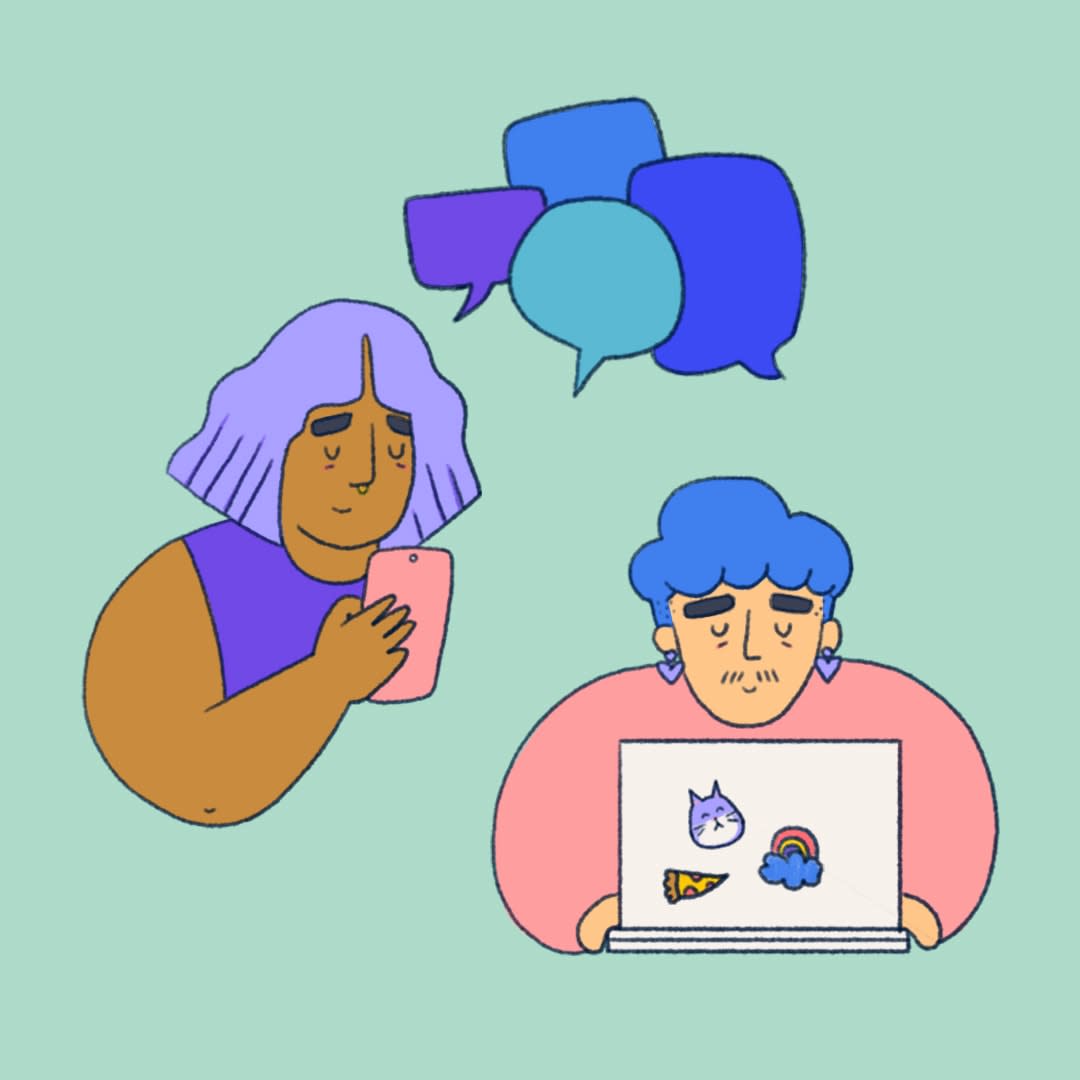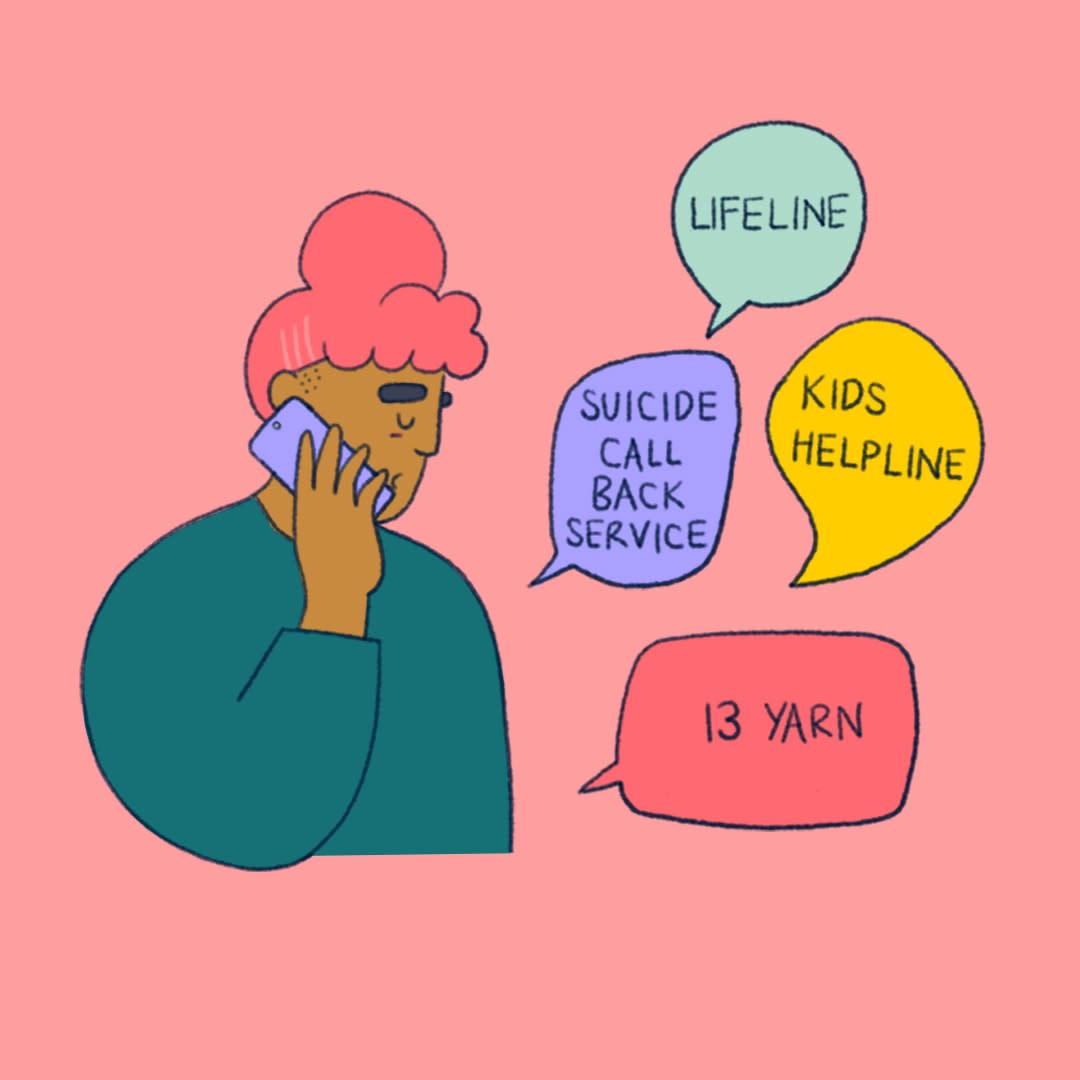How to get professional help if you don't have much money
If you need urgent help, call one of these 24/7 free hotlines:
Lifeline: 13 11 14
Kids Helpline: 1800 55 1800
Suicide Call Back Service: 1300 659 467
If you or someone you know is in danger, call 000.
Getting professional help can seem daunting for many reasons – maybe you’ve never seen a clinician before and aren’t sure what to expect, or maybe you’re doubtful that it will work. Sometimes, it might be financial stress that’s stopping you from getting professional help. Doctors’, psychologists’ and psychiatrists’ appointments can be expensive. They might also require you to spend money on travelling, if the clinics are far away from you.
Everyone deserves to get the help they need. Well done on taking this first step and looking into what options are out there. We’ve put together info on some different ways you can get professional help without breaking the bank.
Are you eligible for Medicare and a mental health care plan?
If you’re enrolled in Medicare, then you could be eligible for a mental health care plan. You can enrol in Medicare if you’re:
an Australian citizen
a New Zealand citizen
an Australian permanent resident
applying for permanent residency
a temporary resident covered by a ministerial order.
If you were born in Australia, then it’s likely that you were enrolled at birth. Check with your parents whether you’re on their Medicare card. If you’re over 15, you can get your own Medicare card. Find more information about enrolling in Medicare here.
Having a Medicare card means that you can get subsidised doctors’ appointments at any clinic in Australia. If you go to a bulk-billing clinic, there won’t be an out-of-pocket gap for you to pay, so a GP appointment is free. Check out the National Health Services Directory, where you can search for a GP practice and filter by whether they offer bulk-billing.
From there, you can see a GP, chat about what you’ve got going on, and ask about getting a mental health care plan or other GP referral.
If you have a mental health care plan, you will be entitled to Medicare rebates for up to 10 individual and 10 group appointments with many allied health services in a year. This means that for some psychologists, social workers and occupational therapists, you’ll get up to 20 total subsidised sessions. You would just have to pay the difference – so, depending on which professional you see, your sessions will be either more affordable or free. Read more about getting a mental health care plan here.
Check what services your school, uni/TAFE or workplace offers
Most schools and universities/TAFEs have free counselling and psychology services available for students. Like regular counselling sessions, these are completely confidential. Check your school or university/TAFE counsellor’s office hours and book an appointment with them. Some may offer remote sessions, and some may also have out-of-hours support lines.
Many workplaces are also starting to recognise the importance of wellbeing, with many of them offering employee assistance programs (EAPs). If your workplace offers an EAP, the sessions are completely free and confidential, so your employer and manager won’t know that you’ve used the program. Unless your safety or someone else’s safety is at risk, what’s discussed in these sessions is also completely private. If you’re unsure whether your workplace has an EAP, check with your supervisor or HR manager.
Check what’s available in your community
Even if you’re not a tertiary-level student, some universities and TAFE institutes offer free or low-cost counselling sessions to members of the public. Contact your local university or TAFE to see if they offer this service. You can also check your local community centre or library for peer support group sessions (groups run by others facing the same issues).
If you attend a place of worship, such as a church or temple, chat with your community leaders to see whether they offer any support services.
Headspace centres
If you’re aged between 12 and 25, Headspace is another option. Headspace has more than 100 centres across Australia, providing doctors, health workers and mental health professionals. All the centre services are free or low cost, and confidential. Get some more information and find your closest centre here.
Get some support from a peer worker
Peer workers have their own experience of tough times and mental health challenges, and recovery. They are trained mental health professionals whose experiences help them to form a strong connection with those going through similar mental health challenges. They can listen to what’s going on with you and help you feel more empowered to figure out what to do next.
What peer workers do is known as ‘peer support’, which recognises that we all learn and grow from each other, and that support can be found in many places outside of a clinical setting. Learn more about what peer work is and how it can help you.
Do you want to chat with a peer worker? Book a free, text-based session with ReachOut PeerChat here.
Talk to a counsellor online or over the phone
Lifeline (24/7) Lifeline provides crisis support and suicide prevention services to any Australian experiencing emotional distress.
Kids Helpline (24/7) Kids Helpline offers support to young people under 25, for any and all issues.
Suicide Call Back Service (24/7) A national service providing telephone and online counselling to anyone affected by suicide.
1800 Respect (24/7) 1800 Respect supports people impacted by sexual assault, domestic or family violence, and abuse.
Butterfly Foundation (24/7) The Butterfly Foundation offers support for anyone experiencing an eating disorder or body image issue.
MensLine Australia (24/7) Telephone and online counselling service supporting Australian men.
Alcohol and Drugs Counselling Online (24/7) This online service is free and confidential. The service is open to anyone affected by alcohol and other drugs, including those concerned about a friend or family member.
eheadspace eheadspace provides free online and telephone support and counselling to young people aged 12–25 and their friends and families.
QLife QLife provides free and anonymous LGBTQIA+ peer support and referrals to anyone wanting to talk about sexuality, identity, gender, bodies, feelings or relationships. Phone and web chat available.
Sane Australia Sane Australia offers counselling support to anyone in Australia affected by complex mental health issues, including friends and family members of health professionals.
Follow a free or low-cost online therapy program
There are places online that are designed to support you with a variety of strategies that are also used in face-to-face therapy. They’re real therapy techniques, adapted so that you can do them online by yourself. Many of the programs even provide access to a psychologist online to guide you through the program or to answer any questions you may have.
MoodGYM This online cognitive behavioural therapy (CBT) program from the Australian National University is designed to reduce symptoms of depression and anxiety.
MindSpot This free, government-funded program provides online assessment and treatment courses for a range of concerns such as anxiety, depression or chronic pain.
Find more online therapy services here.
Join the ReachOut Online Community
The ReachOut Forums are a safe space for young people to chat anonymously and to support each other. There’s no issue too big or too small. Read some posts from other young people, or write your own and get support from the community.
Getting the help you need doesn’t have to cost much, if anything. There are so many options out there for you, whether you’re finding traditional help too expensive or you want to try out some other steps first. By starting out, you’ve already begun the journey to feeling better.
What can I do now?
Read more about getting a mental health care plan.
Learn more about seeing a mental health professional.
